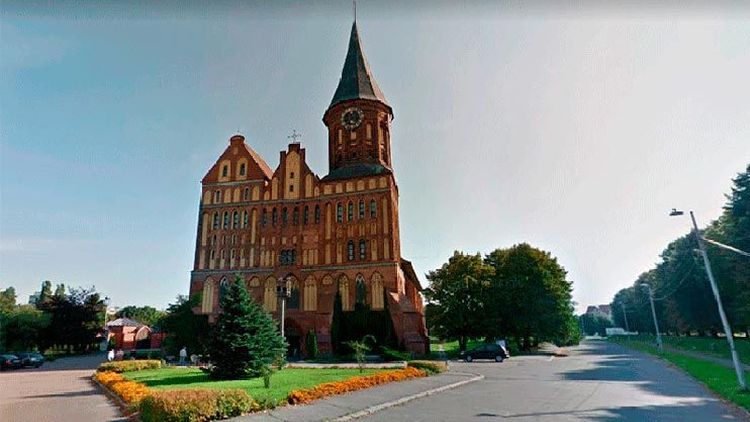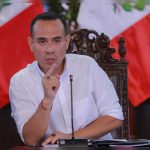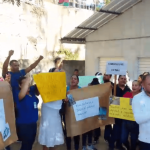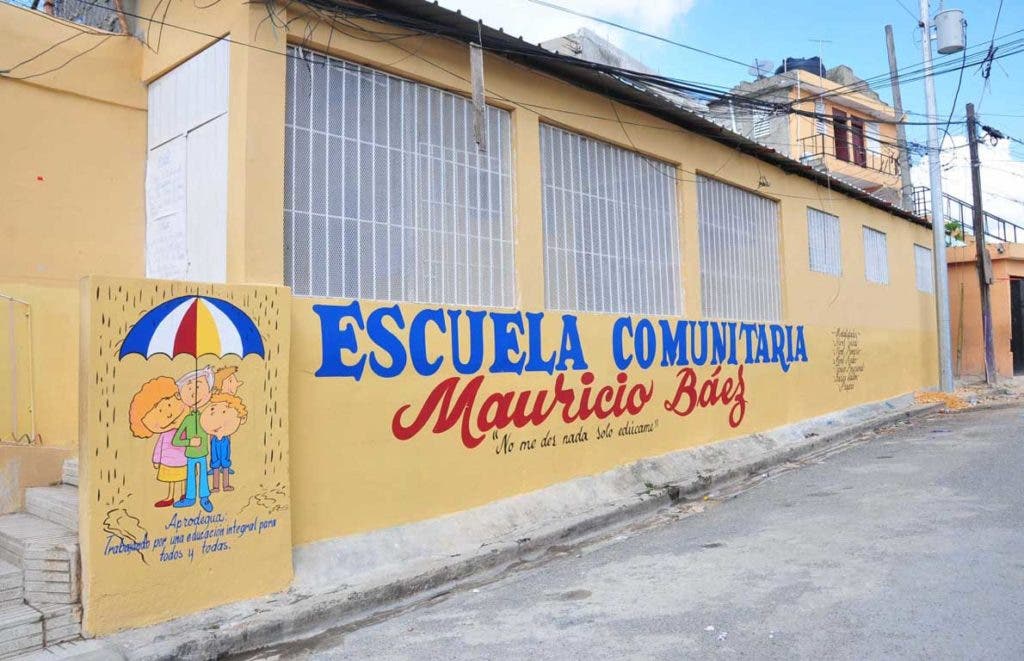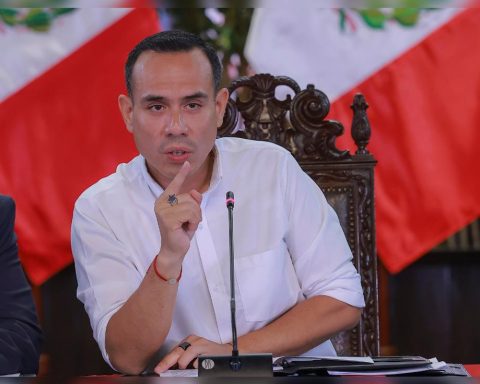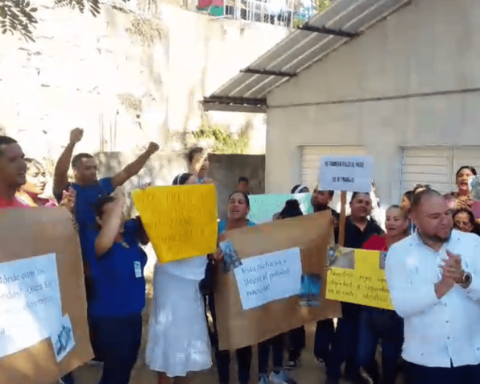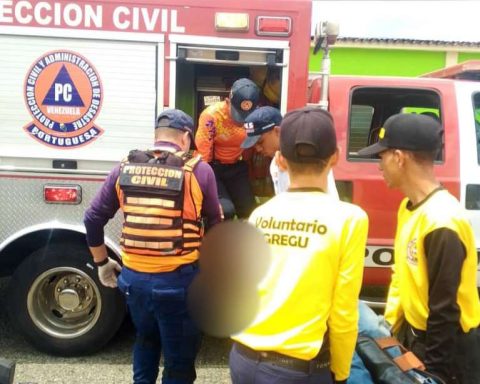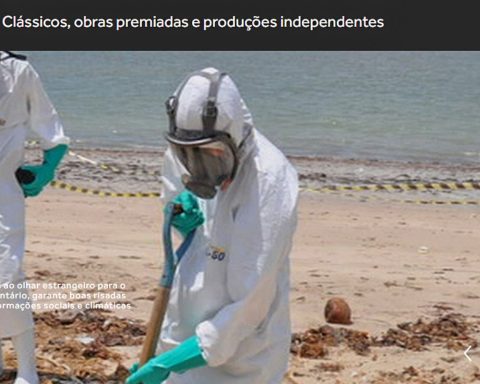The High Representative of the European Union for Foreign Policy, Josep Borrell, has shown his support for Lithuania on Monday and has defended that it only applies European sanctions, after pointing out “propaganda” from Russia that denounces that Vilnius blocks rail traffic to the Russian exclave of Kaliningrad.
“We are going to be factual: land transit is not blocked or stopped and the transit of products that are not subject to sanctions also continues,” assured the head of community diplomacy at a press conference after the meeting of European foreign ministers in Luxembourg.
In this sense, he has described as Russian “propaganda” that Lithuania is imposing additional national sanctions to the European measures adopted by the Twenty-seven in relation to the Russian invasion of Ukraine. And he has argued that the Lithuanian authorities limit themselves to applying European sanctions, following the guidelines given by the European Commission.
“Lithuania is not to blame,” said Borrell after this matter was present at the Foreign Affairs Council in Luxembourg, in which the Lithuanian minister, Gabrielus Landsbergis, explained the situation to the European partners.
Russian complaints
The Lithuanian Foreign Ministry has denied this Monday that the transport of goods and merchandise is “completely restricted” to the Russian exclave of Kaliningrad and has indicated that the measures imposed against the transit of supplies are part of the sanctions imposed by the European Union in the context of the war in Ukraine.
“Passengers and goods that are not subject to EU sanctions can continue to transit Lithuanian territory to and from Kaliningrad,” the Lithuanian government said in a statement.
Moscow denounces “provocative measures” by the Lithuanian authorities and has warned that they “violate the international obligations” of the country, for which it has warned that “it reserves the right to adopt measures to protect its national interests” if the situation continues without changes.
